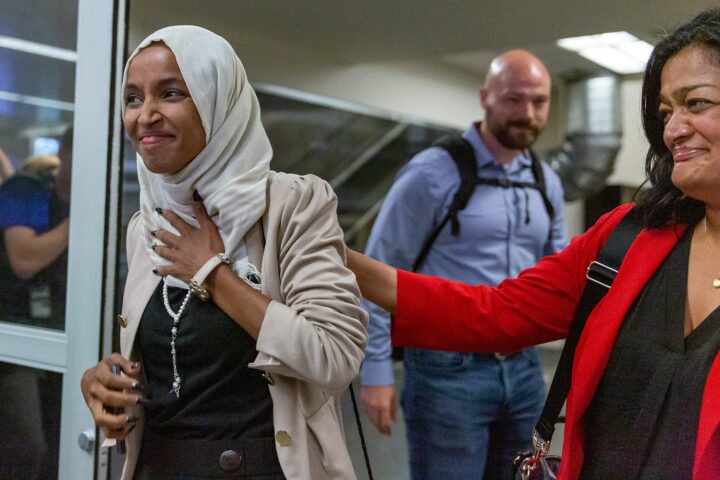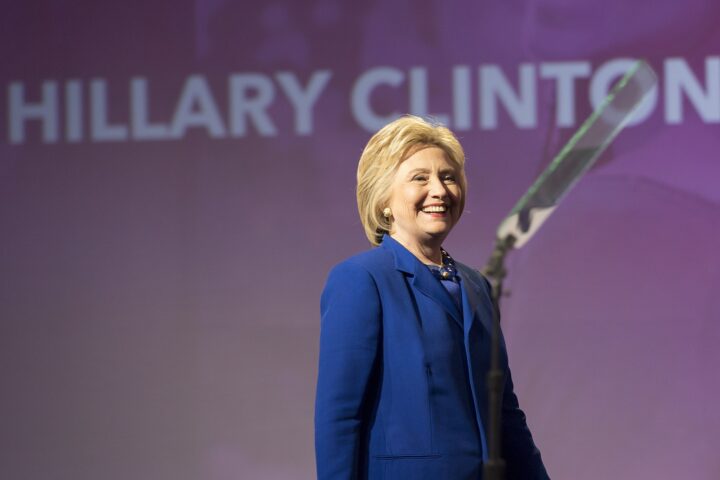As Senate Republicans spar over the “One Big Beautiful Bill,” President Donald Trump reportedly delivered a pointed message to his party’s fiscal conservatives: don’t go too far in slashing costs—especially with reelection campaigns looming.
The warning followed the surprising withdrawal announcement of Senator Thom Tillis of North Carolina, who opted not to seek a third term after clashing with Trump over deep cuts, including to Medicaid.
Trump celebrated Tillis’s decision on Truth Social, calling it “Great News!” but also used the moment to caution other Republicans.
“For all cost‑cutting Republicans, of which I am one, REMEMBER, you still have to get reelected. Don’t go too crazy!” he posted—emphasizing fiscal prudence paired with electoral viability.
The message underscores the delicate balance Republicans now face.
The Senate narrowly advanced the sweeping bill that couples tax cuts with $1.2 trillion in spending reductions—targeting Medicaid, food stamps, and green energy programs—with a projected increase in the federal deficit of nearly $3.3 trillion over the next decade.
While the package enjoys enough support to clear initial procedural hurdles, lawmakers remain deeply divided on the scale and pace of fiscal retrenchment.
Behind the scenes, Senate leadership worked through the weekend to secure votes, relying on Vice President J.D. Vance and late-night phone lobbying to sway hesitant colleagues.
Among those reluctant to support the measures were Senators Tillis and Rand Paul—both initially voting against advancing debate, before Tillis ultimately withdrew from reelection, and Paul remained a principled holdout.
Republican advocates for deeper cuts see an opportunity to tame what they view as reckless spending trends.
But their agendas sparked Trump’s intervention, signaling that a backlash over perceived austerity could damage incumbents’ prospects in 2026.
Many Senate Republicans face a narrow path forward—balancing demands from conservative activists with the risk of alienating moderate voters.
Democrats, led by Senate Minority Leader Chuck Schumer, have seized on the internal discord and economic ramifications, aiming to delay the bill with procedural maneuvers and force repeated floor votes.
With more than 11 million Americans projected to lose insurance coverage by 2034 under the plan, Democrats argue it tilts toward wealthy families and away from vulnerable populations.
Tillis’s departure from the Senate race adds new uncertainty. Democrats see North Carolina as a prime pickup opportunity, while a spirited Republican primary—including potential candidates endorsed by Trump—could shift the state’s political calculus.
As the Senate prepares for another round of amendment votes and a final floor vote this week, the growing tension between ambitious budget cuts and electoral realism remains front and center.
The outcome will not only determine the future of the bill itself but also offer insight into the Trump-era Republican Party’s willingness to moderate for political survival.
[READ MORE: Trump Says Not Voting For His Bill Is The Ultimate ‘Betrayal’]








